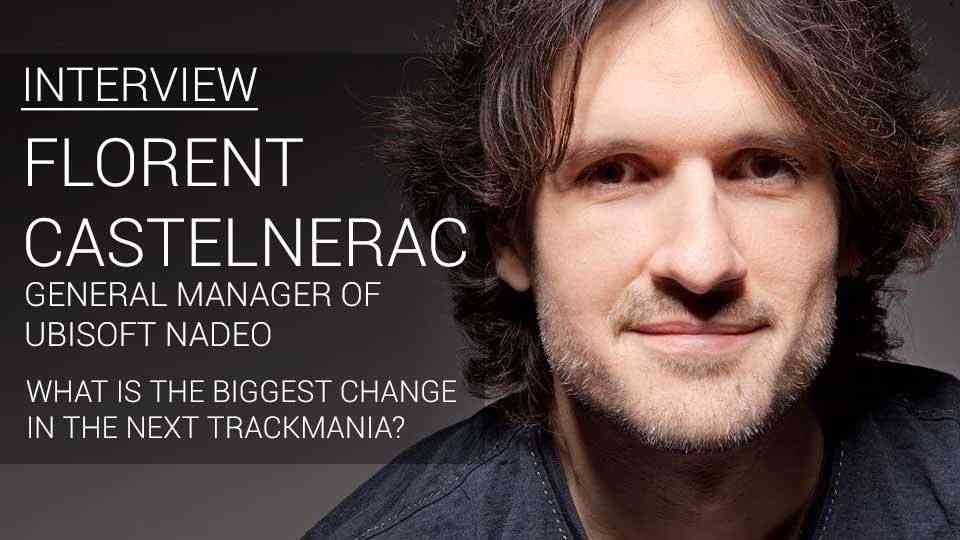Tales of Kenzera: Zau Interview With Abubakar Salim
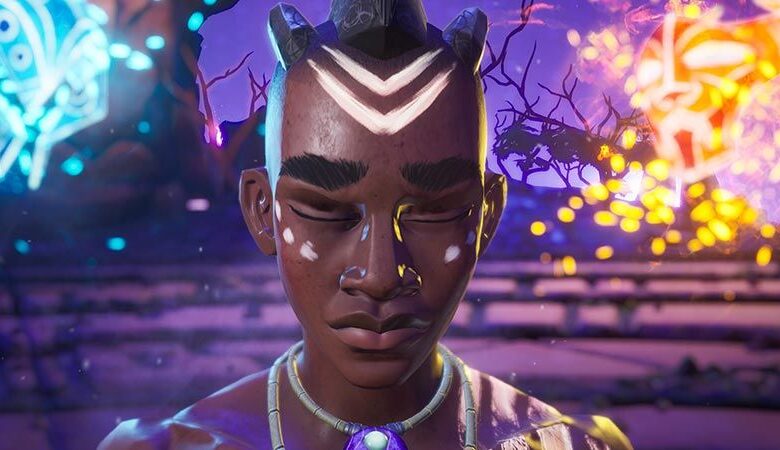
Tales of Kenzera: After the release of Zau, we had a warm interview with Abubakar Salim, CEO and creative director of Surgent Studios. We would like to thank Salim for answering our questions sincerely. Read the Tales of Kenzera: Zau review.
Abubakar Salim Interview about Tales of Kenzera: Zau
1. Zau is your first game. What led you to create a game?
For me, it was about creating an authentic experience that honoured both myself, and my father. I’ve loved and played games all my life, and it was my father who introduced me to them. And because the game is inspired by my own journey of grief having lost him, I wanted it to reflect that. Games are such a powerful tool of both expression and storytelling as it asks the audience to actively participate in it’s journeys. That’s why I wanted to make a game.
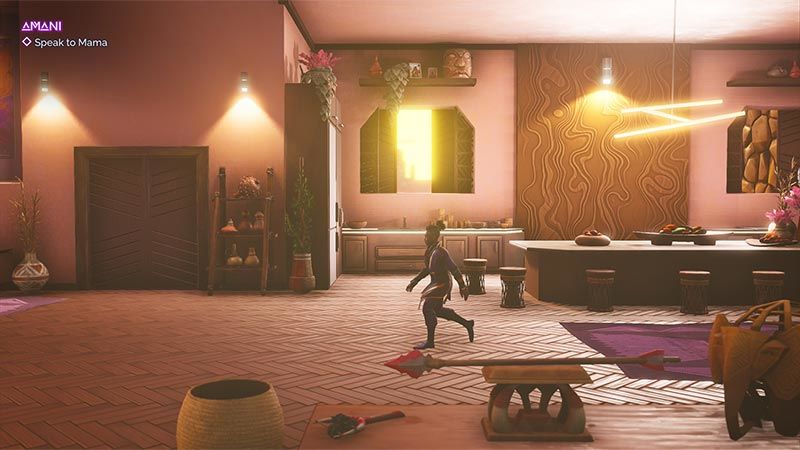
2. Can you tell us about the game mythology and why you chose it?
The mythology is inspired by various Bantu myths and tales. A lot from the stories my father would tell me as a child as well as from the stories I would hear when travelling with filming (South Africa). Again, for me, the reason why I wanted to share these stories was because these were the stories I grew up with. So keeping to the authenticity of what I wanted to share, it had to be within these worlds.
3. What is the main reason for choosing Metroidvania gameplay for a game with such a full background?
The Metroidvania genre captures that essence of the journey of grief so well – you’re thrown into a world you have no control over. Over time, as you uncover it however, the more comfortable you get with it. The threat of it doesn’t change, it’s something you adapt to overtime. Sometimes you feel like you’re also retreading the same path, but you end up approaching it with a new perspective of skill in maneuvering it. This for me is exactly like how that journey of grief behaves.
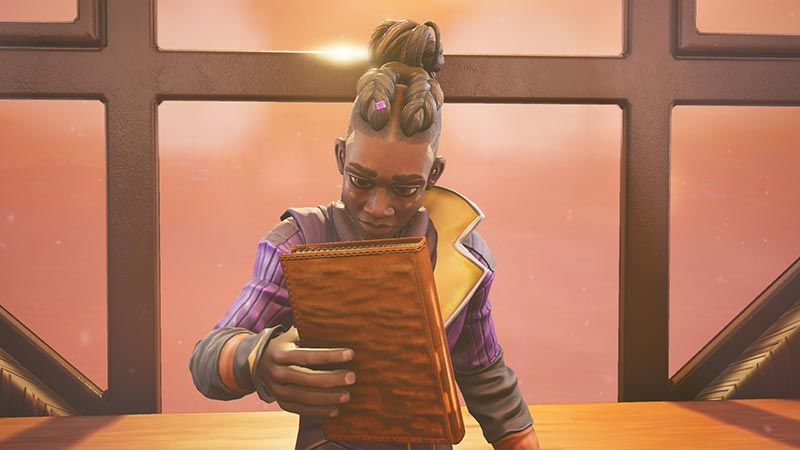
4. Although the story of the game is based on grief, the colorful environments seem to indicate the opposite. Why did you aim to proceed with such an art design?
After my father passed, it felt as is the world got more vivid in colour. It became louder, got brighter, it had no filter. I wanted to represent that feeling in this game – this feeling of the world continuing to spin, even though you feel your world has stopped or come to an end after the passing of a loved one. It was important to highlight that.
5. Tales of Kenzera breathes new life into the Metroidvania genre. What innovative features were used to modernize traditional Metroidvania mechanics?
For us, we wanted to use the genre to further highlight the story and experience. Metroidvanias are designed to be intimidating at first, but the more you spend time within it, the more comfortable you become – which is exactly how grief behaves. You pair this with a character who already has double jump and dash – two functions that normally takes you 2-3 hours into a Metroidvaina to attain – you give the impression that this character FEELS like they existed before you came into control. Again, it’s a way of highlighting that grief is timeless.
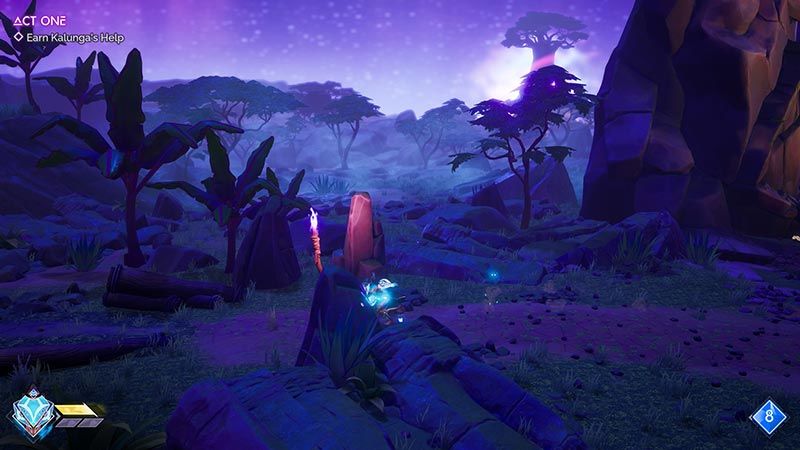
6. What are the most distinctive features of Tales of Kenzera that set it apart from other games in the Metroidvania genre?
I would say the setting in itself sets it apart. We rarely see a fantastical African world depicted in games. In regards to gameplay, I think the fluidity of switching masks, mixed with the abilites you can do gives us an edge also! And finally, every bit of extra content is linked to the journey of grief – for example, for the player to increase their maximum health, they must sit under a Baobab tree (which are hidden across the whole map) and meditate on where Zau’s emotional state is in. This was reflective of how I found that, as soon as I began opening up on how I feel about the passing of my father, I could feel myself adding years to my lifes longevity.
7. What is the importance of storytelling in the Metroidvania genre in Tales of Kenzera? How does it use these elements to provide deep and layered stories for players?
I think stories are incredibly important. They help us escape, learn, view different perspectives, etc. Within the Metroidvania genre, the player has quite a lot of agency. It’s through this agencey where they have some semblance of control over the pacing of the narrative. Also the more they uncover the secrets of the world they’re thrown into, the more the narrative exapnds and gives to the player. Story is a driving force to what keeps people hooked. It gives us purpose.
